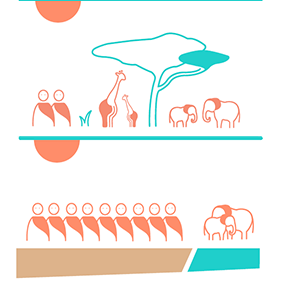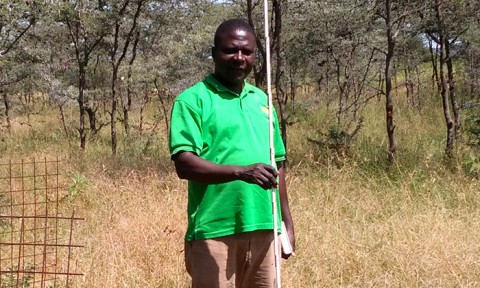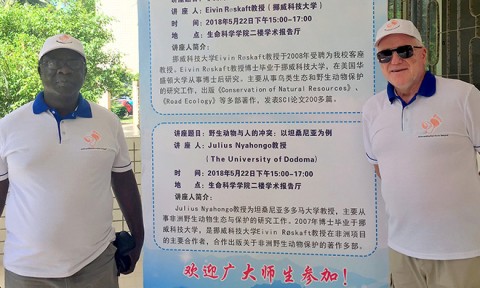Climate Change
Climate change represents a major threat to global biodiversity, ecosystem services and human well-being. In the Serengeti-Mara Ecosystem, effects of climate change are particularly apparent in the form of increased variability and irregularity of rainfall.














